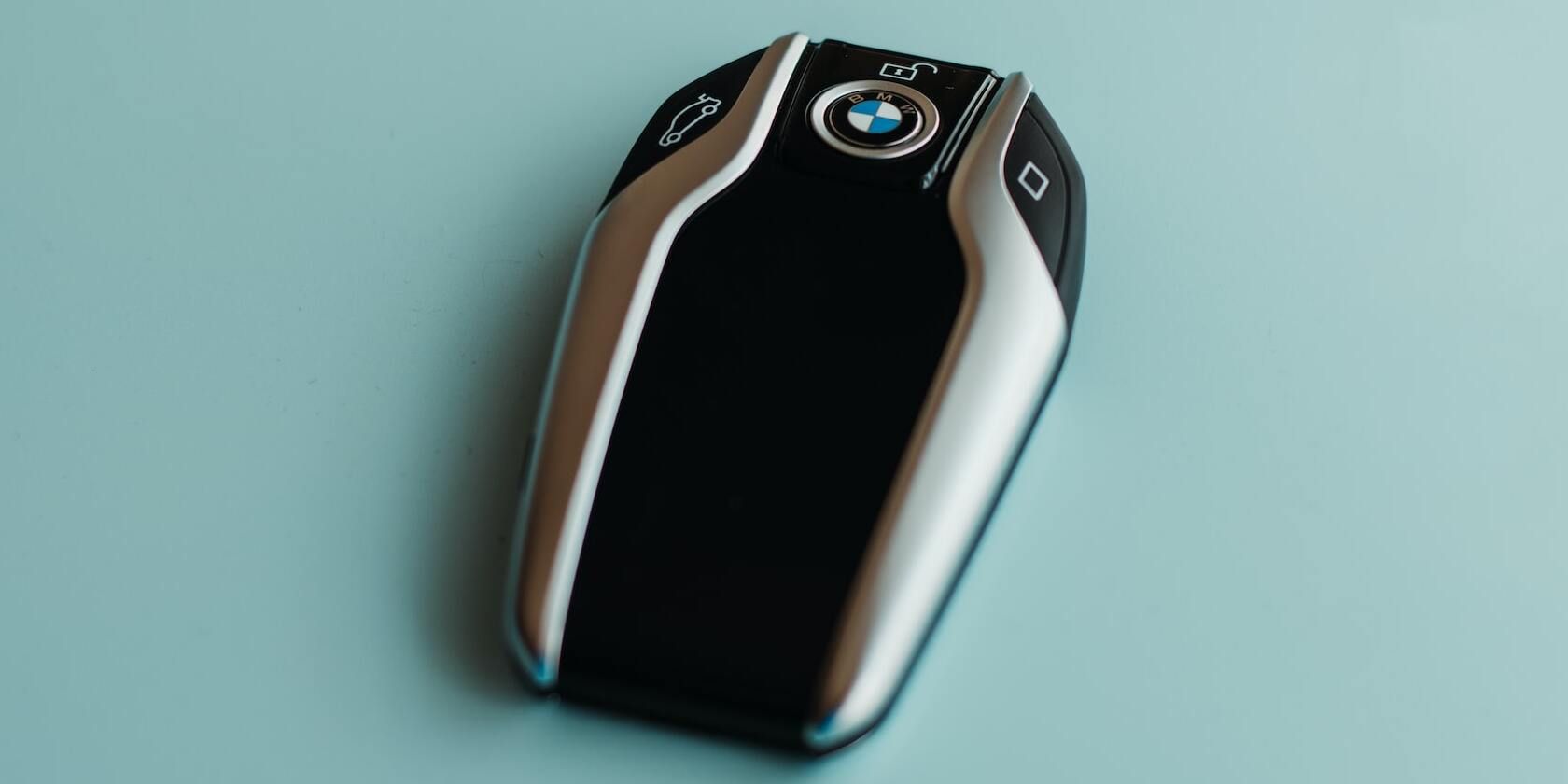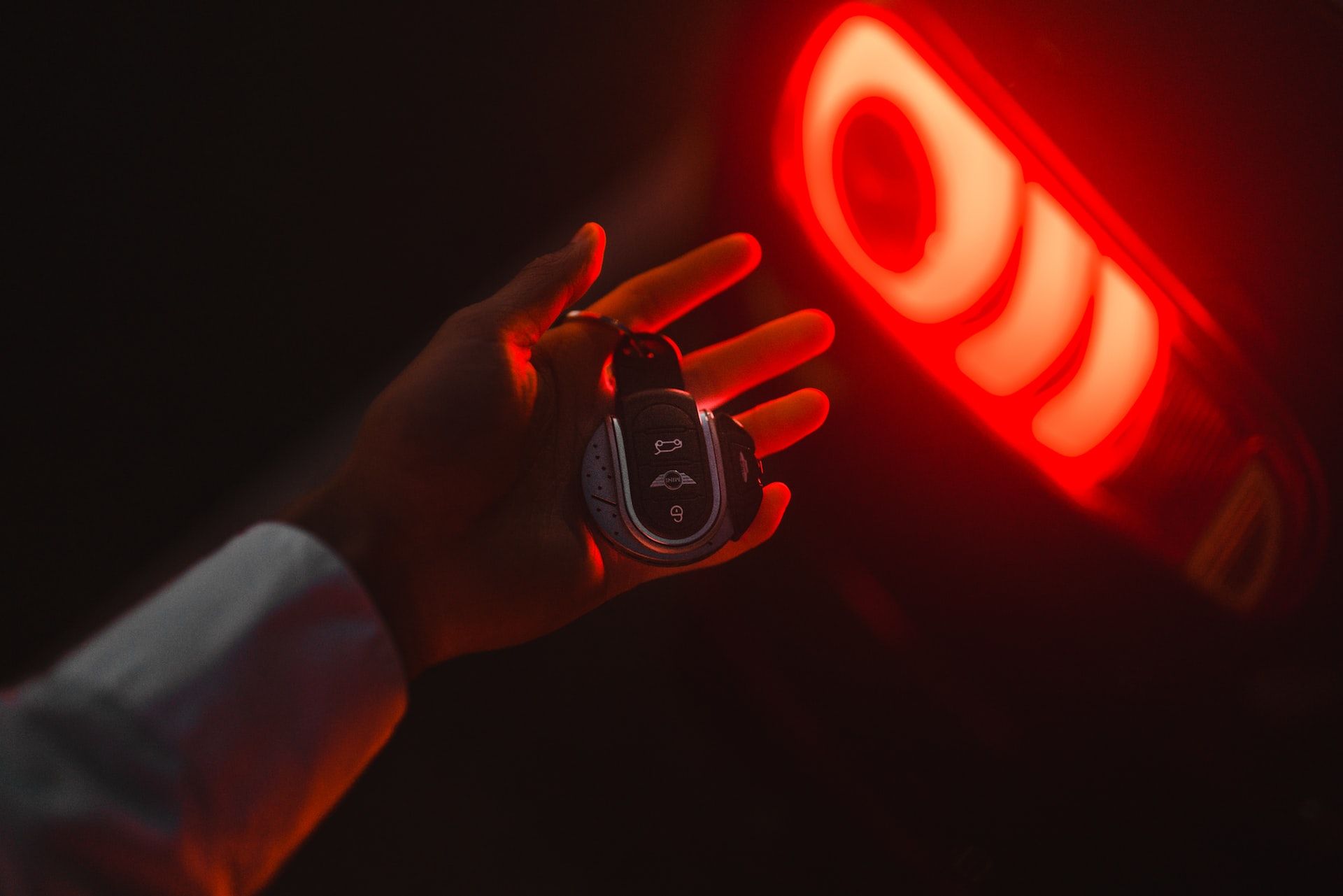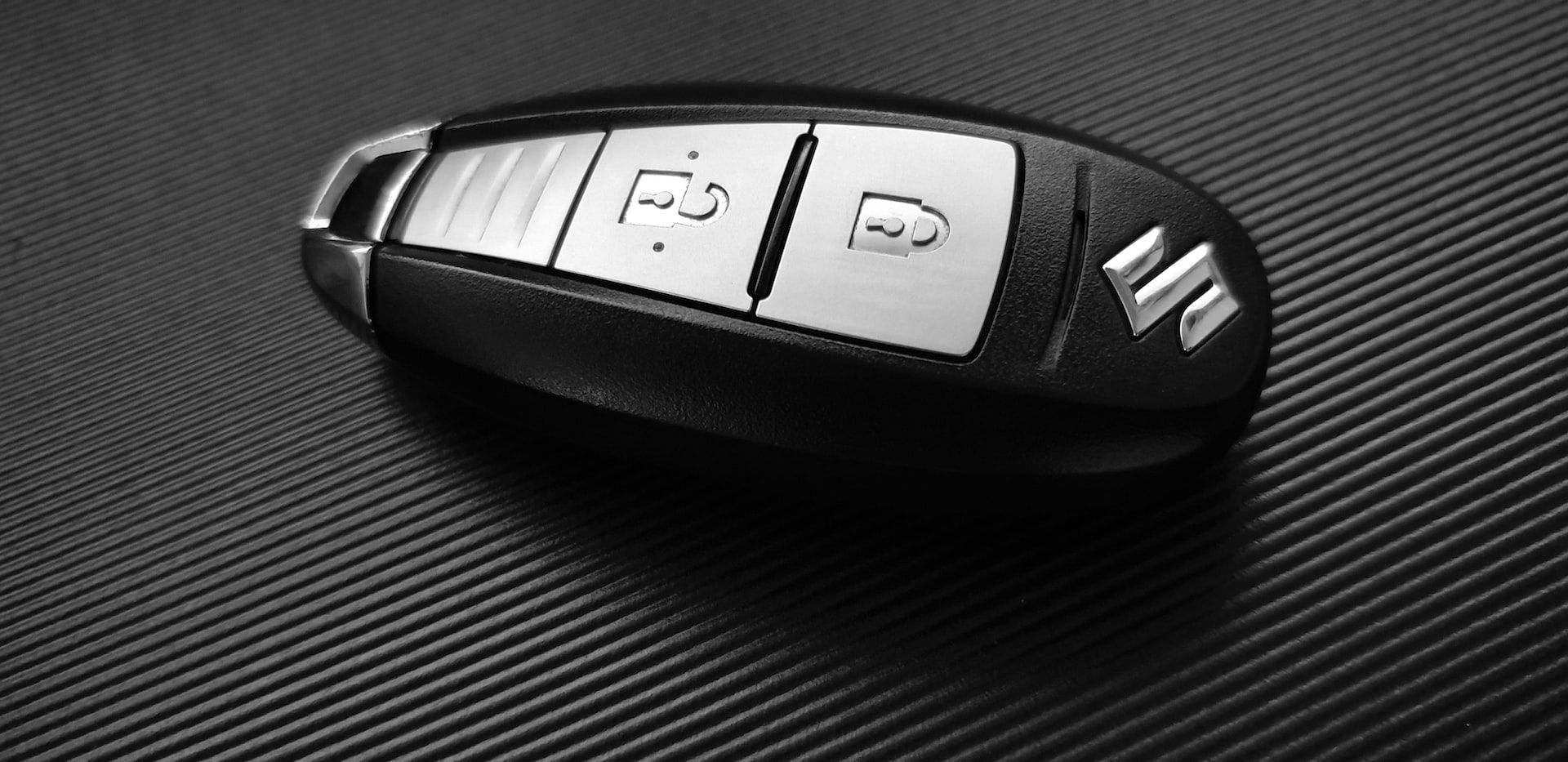The automotive industry has undergone many technological advancements, with cars becoming safer, easier, and more fun to drive. Companies are constantly introducing new technologies to make driving more convenient, and the car smart key is a prime example.
Previously, you'd have to walk all the way to your car, insert the key in a conventional keyhole, and unlock it. That seems like a lifetime ago, though, doesn't it? Today, you can do much more than unlock your car with a smart key.
What Is a Car Smart Key?
A car smart key is simply an advanced iteration of a conventional car key, which leverages technology to help you manage the locks on your car, start your engine, or perform some other functions.
Modern smart keys communicate with antennas in the car, sending and receiving signals, which are interpreted by the car's electronic computer. In turn, the computer sends a command to perform that specific function.
For instance, you can turn on your car's air conditioning or heating using the smart key, pop the trunk open, or engage the child lock.
The first iterations were only able to perform some specific tasks, like opening the trunk or the locks. Now, smart keys can turn on a car's ignition or even disengage the immobilizer in your car at the touch of a button.
How a Car Smart Key Works
The smart key doesn't require the driver to take the key fob out of their pocket. Instead, by connecting to one of several antennas in a car, the control unit can send a radio pulse, unlocking the vehicle or activating the ignition, as long as the key is within the car.
Modern vehicles are also capable of adjusting several settings if the smart key remote is in the car, including the driver's seat position, the steering wheel adjustment, and even stereo presets.
Some smart keys can even be configured to prevent the car from surpassing a specific speed limit if you start it using a particular key. For instance, if you're giving the car keys to an inexperienced driver, you can set a maximum speed limit to reduce the risk of accidents.
The First Car Smart Key
The first smart key system was developed by Siemens back in 1995. Mercedes-Benz introduced it in mainstream vehicles, marketing it as their Keyless Go system in 1997.
The company filed for patents in the same year for a simple device that included a plastic key instead of the conventional metal key. The key fob housed a radio pulse generator which could activate electronics and control the locking system in the car.
The first iteration actually required drivers to place the key in an ignition slot, where a starter computer verified the code before allowing access to onboard electronics.
Today, thanks to advancements in radio technology, drivers don't need to place the key in a slot; they just need it on their person. For instance, like the new Comfort Access BMW models, you just need to bring the key within 1.5 meters of the vehicle.
It'll automatically unlock the door, and if the key goes out of range, it'll lock itself. Many vehicles also have a sensor in the rear, so you can even lift the boot up by passing your foot under the rear bumper.
Many affordable EVs come with smart keys, with some even allowing drivers to use their mobile device to unlock the car.
How Smart Keys Boost Vehicle Security
Smart keys don't use the same frequency signal. If that happened, it would cause glaring security issues, as the key could be used to unlock all makes and models that used a similar key. So no, someone else's smart key cannot unlock your car.
Instead, smart keys send a discrete, encrypted signal every time you press a button. The onboard computer in the car prompts a new frequency, which the key generates.
However, the technology isn't foolproof, and there have been many instances of keyless car theft in the past. This happens when tech-savvy thieves use third-party pulse generators to "fool" the onboard computer into thinking the key is nearby. Thankfully, there are several ways to protect against keyless car theft.
Modern RFID signals from car smart keys are unique, encrypted, and tied to your car's onboard computer. For instance, even if a thief breaks into your car, the ignition won't start since the encrypted key isn't confirmed by the computer.
Companies like Tesla have introduced advanced systems like the Sentry Mode to boost security. Apart from that, several other tech features keep your car safe, including vehicle tracking and dashcams.
Advantages of Using Car Smart Keys
Car smart keys offer a variety of benefits.
1. Convenience
Arguably the biggest advantage of using a smart key is that it offers greater convenience. Drivers don't have to worry about fumbling with the keyhole, especially in the dark; the door automatically unlocks when you're nearby.
2. Improved Safety
As mentioned above, smart keys are a significant improvement over conventional keys. The signal is encrypted, so hacking a smart key is incredibly difficult.
Moreover, in case of an emergency, the last thing you'd want is to be found outside fumbling with your car keys. With a smart key, you don't need to reach into your pocket or backpack; the door is unlocked immediately.
3. Reduce Ignition Worries
If you have a conventional car key, it will wear out after a while. Traditional keys are heavy, and most people often add other keys to the chain.
This puts undue stress on the ignition, causing significant wear and tear over time. That's one of the reasons why push-start ignition systems last longer.
More importantly, smart keys have battery indicators that will warn you well in advance when it's running low. Replacing the battery is also incredibly simple, so you don't need any specialized tools.
Smart Key Technology Is Only Going to Get Better
Smart key technology has come a long way, and it will only get better with time. Many manufacturers, for instance, now offer a way for drivers to unlock their car using a digital key through their smartphone. It's just one of many technologies that can influence buyers today.



